

Check out “War in the Tribal Zone”. It’s a collection of papers from the 90s that partially address this question. The central thesis that ties them together is that the “tribe” is an organizational structure that people who don’t have much formal hierarchy tend to adopt when confronted with organized imperialistic states. For instance, if the state wants to trade, the state tends to expect one representative who speaks for many people. This position might not exist in a society, but often they’ll create that position, or someone will opportunistically claim it, to trade in desirable goods.
In another case a society might have to resist and imperial power militarily and find it necessary to have more structured military, political, and logistical organizations in order to conduct war and diplomacy.
In this framework a tribe is an organizational system that arises in societies that have little formal hierarchy, government, or differentied social and political roles in order to better interact with highly structured and hierarchical states on their borders.
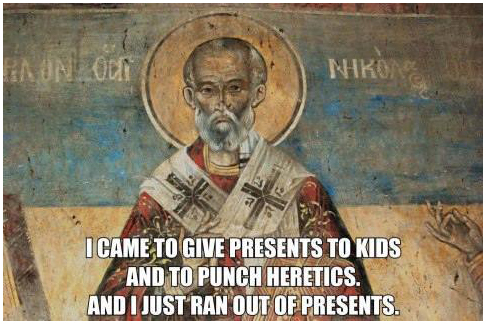


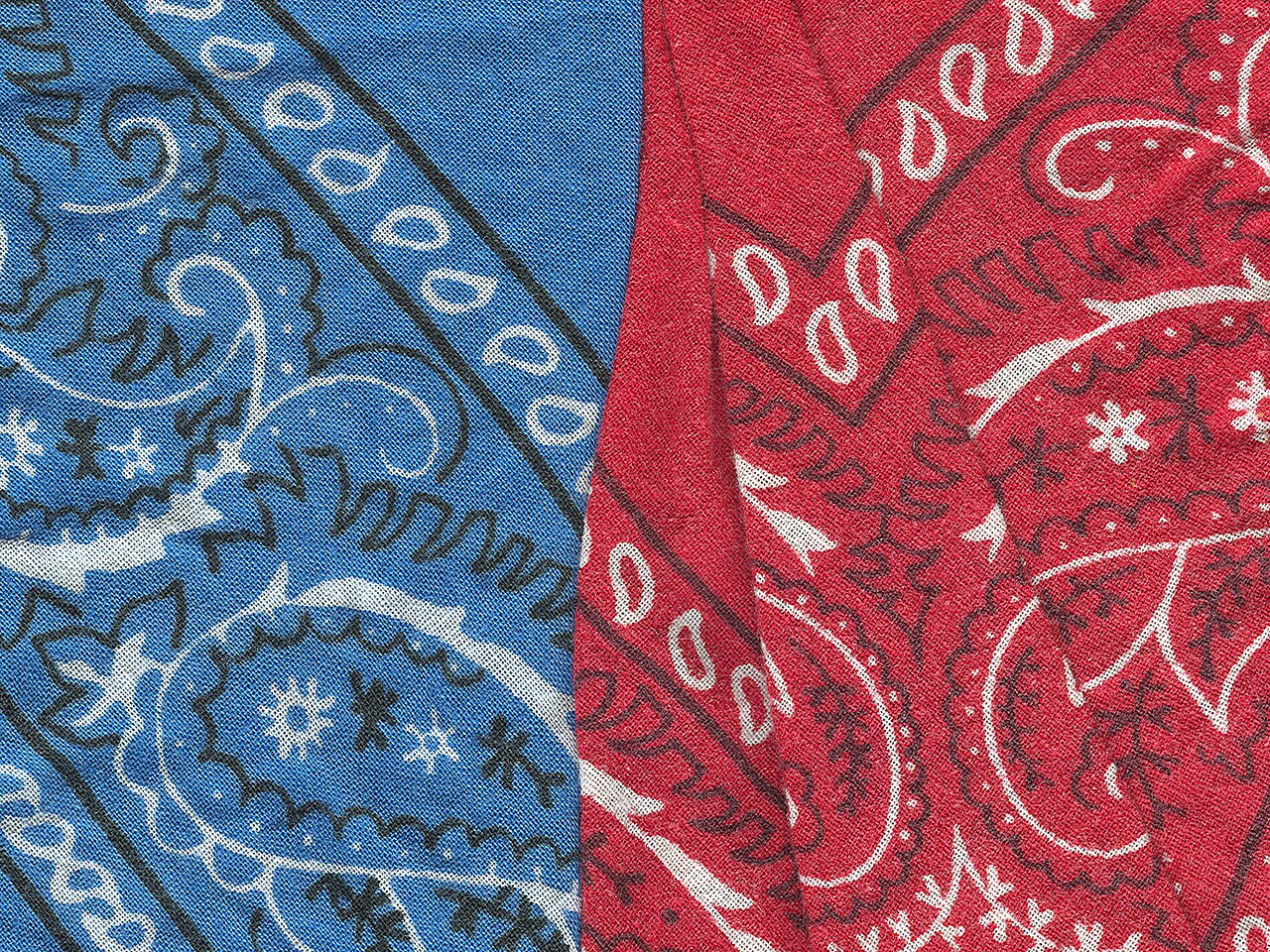



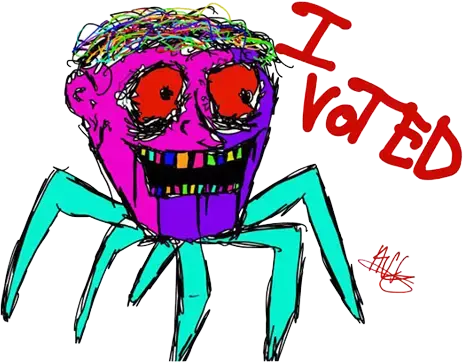


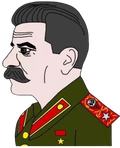



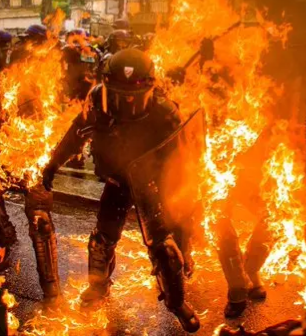




Notions of who is and isn’t part of your family or lineage can be wildly, wildly different from modern Western ideas that the family is primarily a genetic relationship. Things like, your mother’s sister’s sons are part of your family, but your mother’s sister’s daughters are part of her husban’s family and not part of your family.
It actually caused the great rift that forced Anthropology to drag it’s head out of it’s imperialistic ass. This guy named Chagnon was bribing Yanomami people in the Amazon to tell him who their genetic relatives were. This was a big taboo (and they almost certainly lied to him) which raised massive ethical issues. And on top of that, what he was trading were shotguns and machetes. The introduction of lots of weapons may have screwed up the balance of power in the region badly and set off a lot of very destruction wars, getting many people killed.
Well, it set off a war in western anthropology between Chagnon supporters and people who were horrified by his unethical behavior and by the destruction it probably caused. It lead to a pretty vicious internal debate that lasted for decades and ultimately resulted in both anti-imperialist anthropology and the formation of modern ethical standards in anthropology. In some ways the debate is ongoing, as the question of whether anthropologists are in any way helping our subjects, or merely preying on them, is being discussed. There’s a thread with some merit that says western anthropologists should stop as we can only be parasitic outsiders and the knowledge we produce often harms and rarely helps our subjects and partners. From there the question of how we can transform anthropology in to something that is useful and helpful to the people we study has emerged.